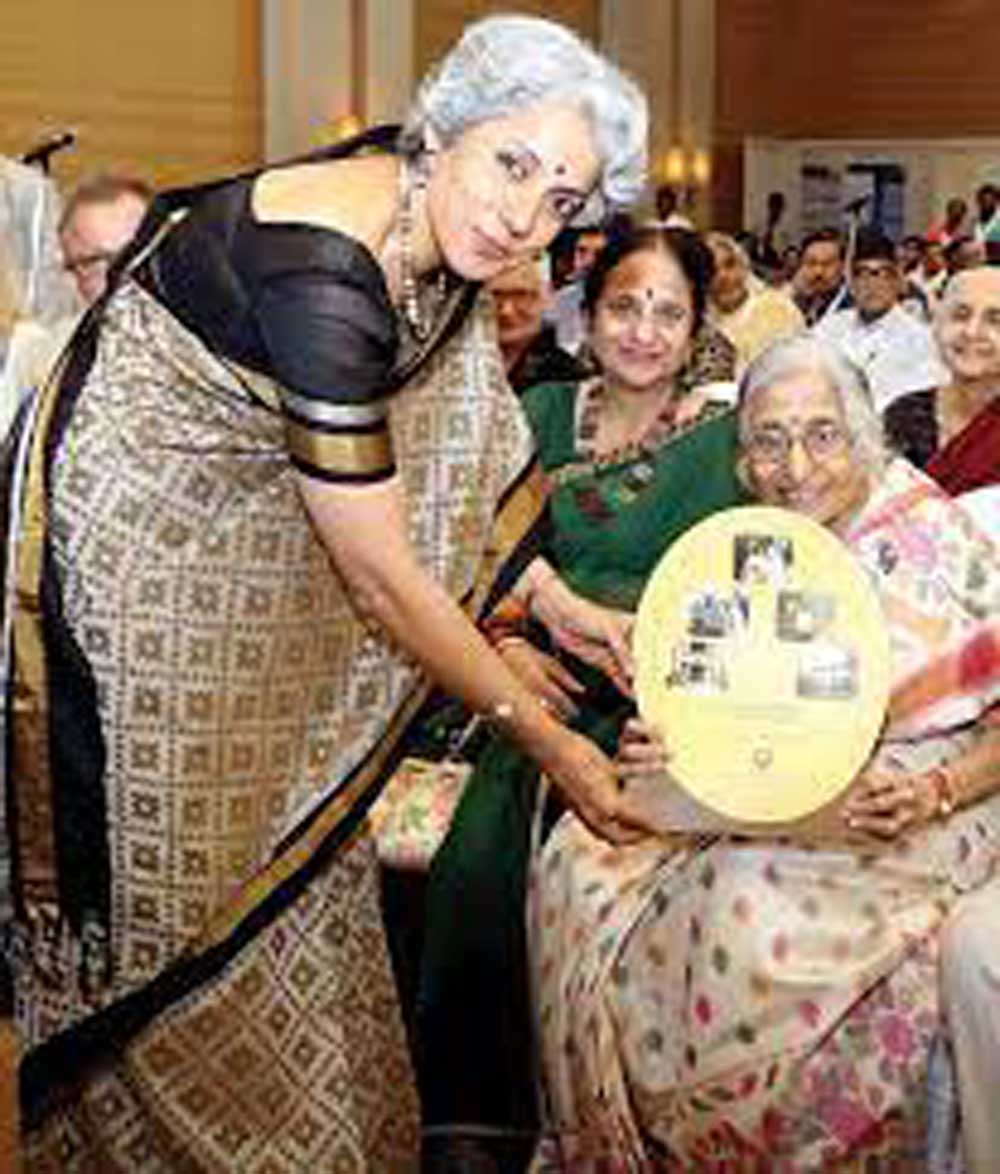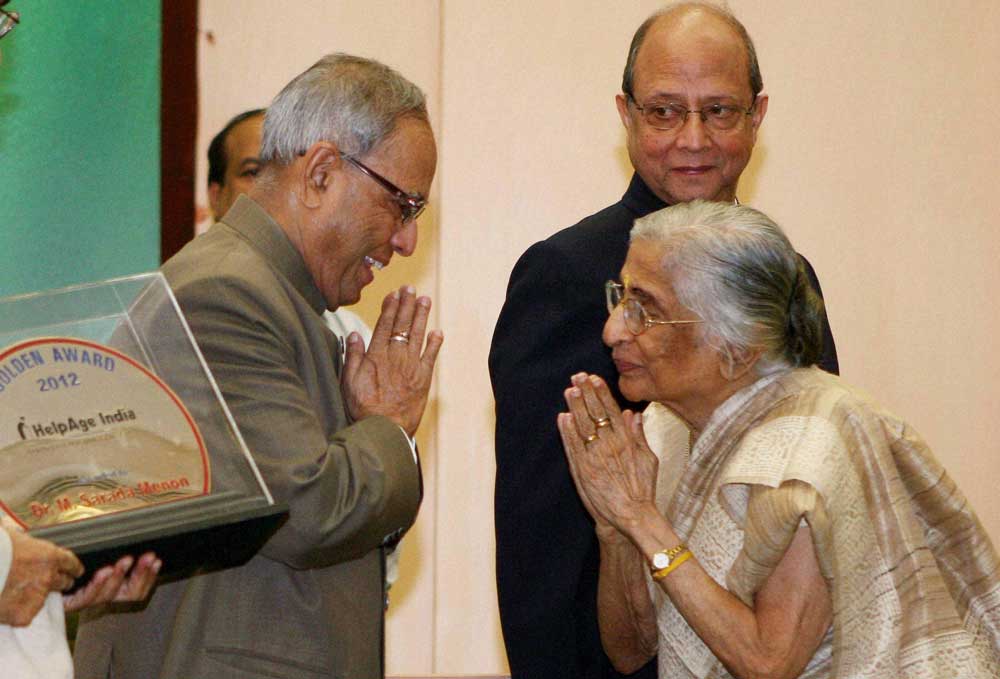
Early Life and Education
Born in 1923 in Mangalore, Karnataka, Sarada Menon was the youngest of eight siblings in a family that valued education deeply. Her father, a judge, encouraged academic achievement and critical thinking. Driven by an innate desire to help others, Menon pursued a career in medicine, which was uncommon for women during her time. She completed her medical degree at Madras Medical College and later specialised in psychiatry, training at the National Institute of Mental Health and Neurosciences (NIMHANS), Bengaluru.
Dr. Menon’s decision to specialise in psychiatry was revolutionary. In the 1950s, psychiatry was a largely misunderstood and underdeveloped field in India, especially for women. Yet, she was drawn to the complexities of the human mind and the challenges that mental illness posed, particularly in a society where it was stigmatised and often neglected.

Pioneering Work in Psychiatry
After completing her training, Dr. Menon joined the Institute of Mental Health (IMH), Chennai, in 1959, a place that would become the epicentre of her life's work. At the time, IMH was one of the oldest mental health institutions in India, but it lacked the infrastructure, resources, and personnel needed to provide comprehensive psychiatric care. Dr. Menon made it her mission to overhaul the system, introducing modern psychiatric treatments and rehabilitation programs for the patients.

Advocacy for Mental Health
Dr. Menon realised early on that the stigma surrounding mental illness was one of the biggest challenges to improving psychiatric care in India. Public perception often linked mental health disorders with shame, leading to patients being hidden away by their families or subjected to inhumane treatment. She worked tirelessly to raise awareness about mental health, giving lectures, speaking at conferences, and engaging with the media to educate the public.

Founding the Schizophrenia Research Foundation (SCARF)
In 1984, Dr. Menon co-founded the Schizophrenia Research Foundation (SCARF), a non-profit organisation dedicated to the treatment and rehabilitation of individuals with schizophrenia and other serious mental disorders. SCARF became one of the most respected mental health organisations in India and internationally, providing comprehensive care and conducting ground-breaking research on schizophrenia.
SCARF's impact was profound. The organisation provided affordable, community-based treatment for those suffering from schizophrenia, offering services like outpatient care, vocational training, and rehabilitation. It also focused on reducing the stigma surrounding mental illnesses, helping patients regain dignity and independence. Under Dr. Menon’s leadership, SCARF became a beacon of hope for countless families affected by severe mental illnesses.
A Lifelong Legacy
Throughout her career, Dr. Sarada Menon received numerous accolades for her work, including the prestigious Padma Bhushan in 1992. Her contributions to psychiatry, mental health advocacy, and her work with SCARF made her a well-known figure in both Indian and international medical circles.
Even after her retirement, Dr. Menon continued to be actively involved in mental health advocacy, constantly pushing for a better understanding of psychiatric disorders and more compassionate care for patients. She remained committed to addressing the systemic gaps in mental healthcare in India, from lack of access to quality treatment to the shortage of trained mental health professionals.
Impact on Mental Health Advocacy in India
Dr. Menon’s contributions to mental health advocacy were transformative. She played a crucial role in destigmatising mental illness in a society where such issues were largely ignored. Through her advocacy, she made mental healthcare more accessible, particularly for those suffering from severe psychiatric conditions like schizophrenia. Her focus on rehabilitation and community care shifted the narrative from one of isolation to one of integration.
Moreover, Dr. Menon’s work influenced future generations of psychiatrists, mental health professionals, and policymakers. Her efforts helped lay the groundwork for more inclusive mental health policies and a greater understanding of mental health issues at both the grassroots and governmental levels. The programs she initiated and the reforms she championed have had a lasting effect on India's mental healthcare infrastructure, setting the stage for continued improvements.